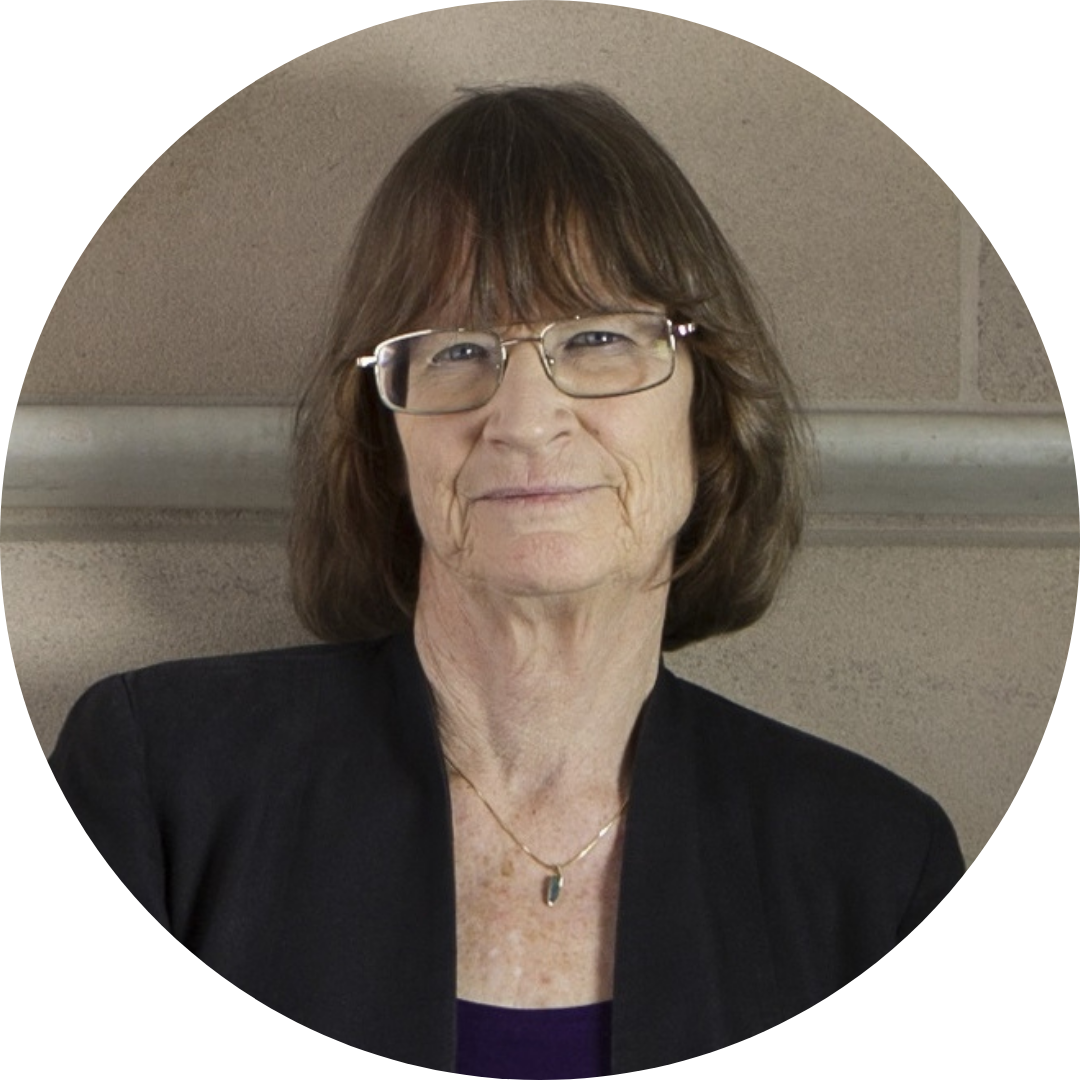
COVID-19 and the Social Sciences
Academy of the Social Sciences in Australia
Seriously Social, an initiative of the Academy of the Social Sciences in Australia, features insights and new research from Australia’s leading social scientists on issues affecting human society. Below are selected podcasts and articles in which Academy Fellows and other scholars use the lens of the social sciences to examine how COVID-19 is impacting Australian society and the world beyond.
PODCASTS
Mental Wealth: How We Fix the National Crisis
July 2020
In the second episode of a two-part special on mental health, Professor Pat McGorry, a clinician and advocate for mental health reform, describes the particular impact of the COVID-19 crisis on the mental health of young people. He emphasizes that mental illness has not received sufficient national attention due to stigmatization, denial and disempowerment of those who are experiencing mental health issues.
Pat McGorry
The Domestic Battleground Created by a Pandemic
June 2020
Professor Lyn Craig, a sociologist, discusses the impact of the COVID-19 pandemic on the historically unequal division of domestic labor and childcare in Australia. The value of unpaid labor, the gender pay gap and the burden of costly childcare are also discussed in this context.
Lyn Craig
May 2020
Professor Larissa Behrendt, a legal scholar and filmmaker, explains how members of Australia’s indigenous communities are at greater risk of more serious COVID-19 illness, reflecting historical health disparities in the country. She also describes how indigenous health professionals have sought to prevent the virus spreading into their communities.
Larissa Behrendt
Menace or Saviour? Artificial Intelligence and Coronavirus
May 2020
Professor Anthony Elliott, a leading social theorist and scholar of the digital revolution, examines privacy concerns around the Australian Government’s COVIDSafe app, which is designed to track and trace the COVID-19 virus, and compares it with similar apps and AI technologies used in other countries in response to the pandemic.
Anthony Elliott
April 2020
Professor Kim Rubenstein, a scholar of gender and public law, addresses gender and the pandemic, including the implications of COVID-19 for women in the public and private spheres.
Kim Rubenstein
RELATED ARTICLES
More Help Required: the Crisis in Family Violence During the Coronavirus Pandemic
August 2020
The heightened risk of family and domestic violence for women and children since the outbreak of the COVID-19 pandemic has been referred to as a “shadow pandemic” by the United Nations. The authors reflect on the limited opportunities for victims of violence to seek help in Victoria (Australia), particularly following the lockdown triggered by the pandemic, and examine men’s engagement with behavior change interventions.
Urban Aboriginal People Face Unique Challenges in the Fight against Coronavirus
April 2020
The Australian government has decided the best policy to protect Indigenous people from COVID-19 is to socially isolate remote communities. The authors argue that the government also needs to turn its attention to the risks Indigenous people face in urban and rural areas.
COVID-19 has Laid Bare How Much We Value Women’s Work, and How Little We Pay For It
April 2020
The pandemic has highlighted the importance of caring and service industry work, predominantly done by women, for Australia’s economic and social survival. At the same time, this work is associated with a continuing pattern of gender inequality relating to workforce participation, remuneration and advancement.
Visit the website of the Academy of the Social Sciences in Australia for more information on Seriously Social and other activities of the Academy and its Fellows to help inform, advise and guide the national and international response to the COVID-19 pandemic.





